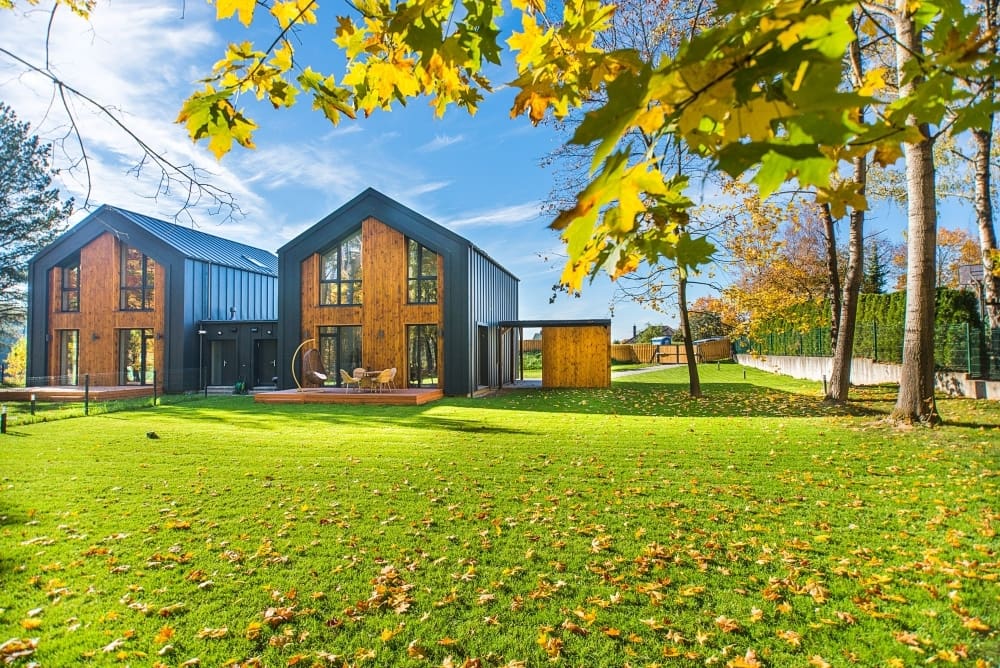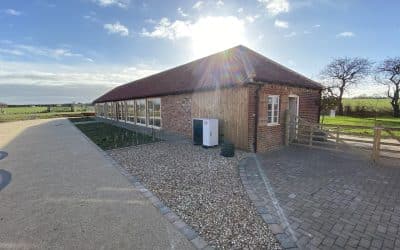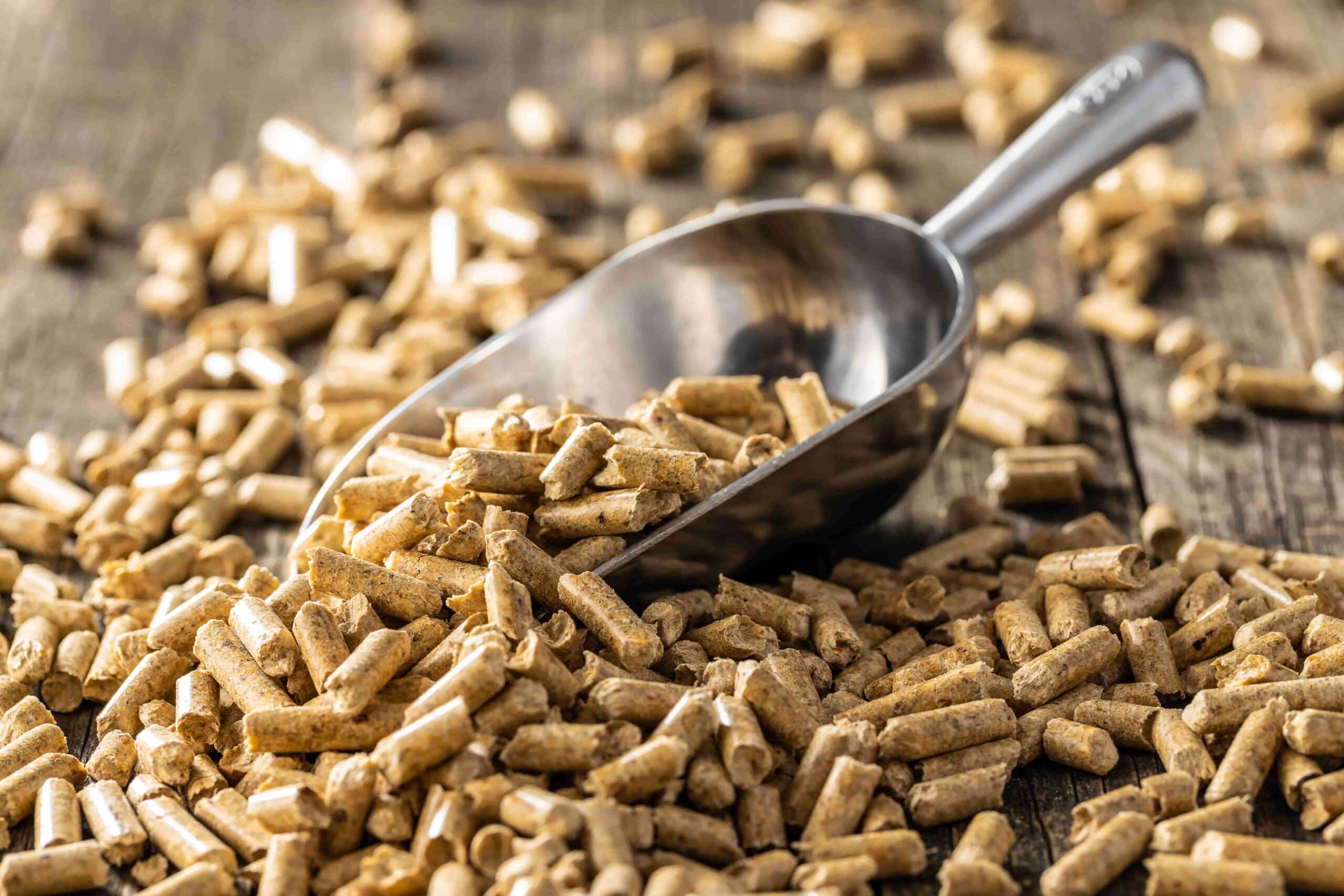To simply answer the question, YES!
Air source heat pumps work well with radiators but before we go ahead, let’s take a look at how these heat pumps work.
Air Source Heat Pumps – How They Work
Air source heat pumps are a kind of central heating pump used in homes. Their function resembles the workings of a fridge or air-conditioners, but in reverse – they convert cold air into warm air to heat up a space making it cosy and comfortable.
Usually, air source heat pumps are installed outside the buildings they are supposed to heat. If you’re installing these heat pumps in your home, you’ll want to fix these at the back of the building or round the sides to keep them out of the way. Try picking a spot that receives direct sunlight so that the pump won’t have to work extra hard to heat up the air around it. That said, these pumps are capable of absorbing heat from the air, even at below freezing temperatures. So you could still install these in the compact space of a shaded backyard and it’ll work just fine.
The unit soaks up air around it into a fluid and then compresses it. This raises the temperature of the fluid which is then pumped into radiators and underfloor heating.
This is how air source heat pumps and radiators work together to generate heat.
Right-Sizing The Radiators
Depending on the flow temperature of the heat pump, radiators will need to be sized in a manner that they reflect the same setting. The lower this set point is, the more effective your heat pump will be. On top of this, it’ll be more cost-effective over a period of time because:
- You can apply for financial incentives under the domestic RHI scheme
- You’ll save greatly on energy bills
You’re likely to hear the term ‘over-sizing the radiators’ for heat pumps. Although, when you take a close look at it, you’ll see that perhaps the more correct term is ‘right-sizing’ the radiators. All your radiator supplier or heating engineer will need to know is the amount of heat output you need from the radiator to determine the heat output you need for your space.
As long as the radiator is right-sized, it will produce heat as per your requirements, irrespective of the type (panel, skirting, decorative).
Can Existing Radiators Be Used?
Your existing radiators can be used but there is a pretty good chance that they might be too small for the system. In this case, you will need to add more radiators for the heat pump to work efficiently. Additionally, your heating engineer will have to make sure that the system has been cleaned meticulously. This is to ensure that particles suspended within the system do not end up blocking the filter which is quite expensive to replace.
That said, every installation is different and will hence require a different approach. The best thing for you to do is to seek assistance from an expert and after they carry out a survey, they’ll let you know of all the available options.
If you’re looking to install RHI approved systems in your home to earn financial rewards for being green, contact JL Phillips today!




